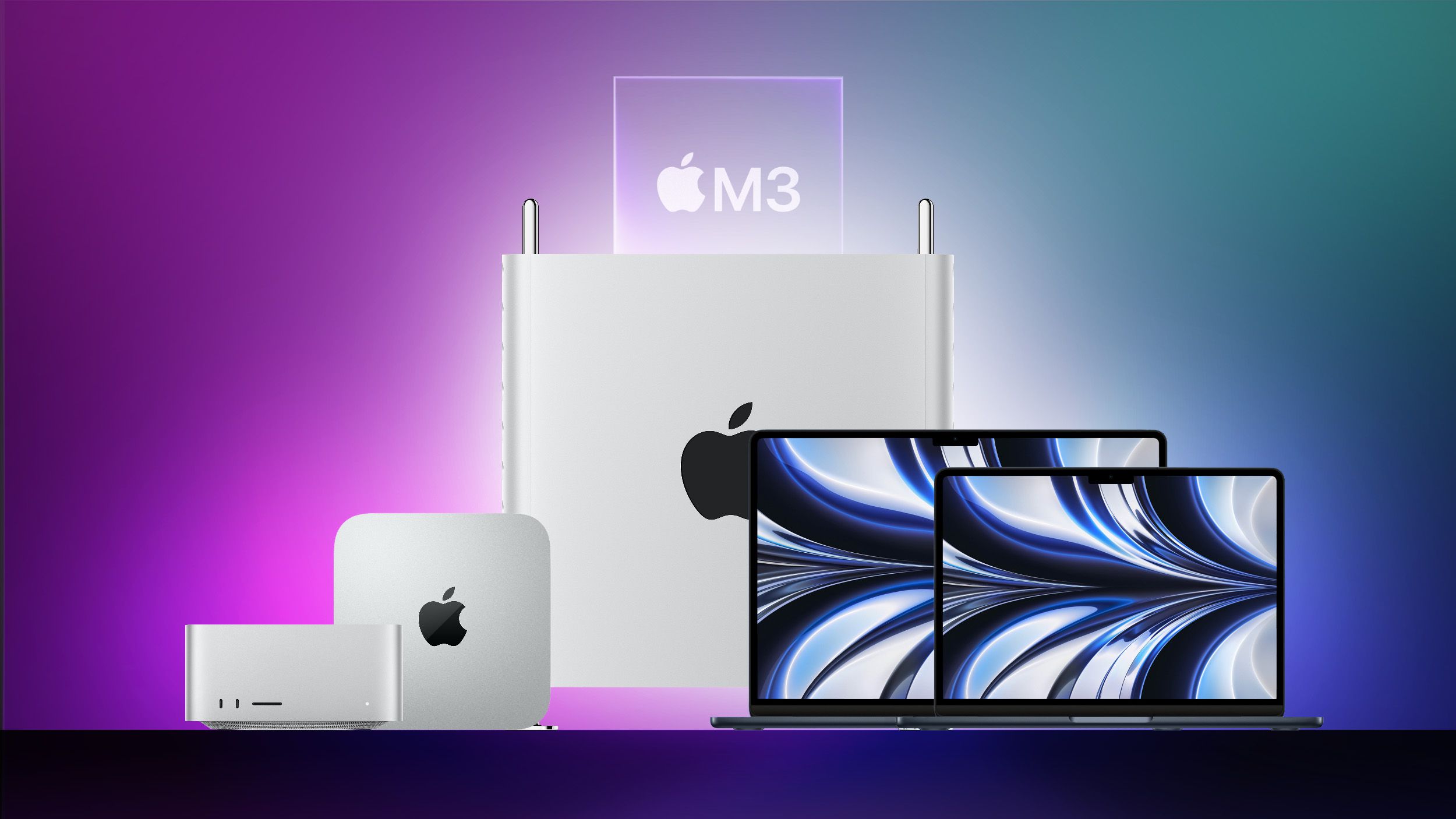We comment on Apple, but generally I suspect we are getting to the technological stage of consumer fatigue where many consumers cannot justify expenditure on the latest implementation on products, especially if the existing product is already doing its job, which leave obsolescence as the pathway for renewals, and first time customers, where that pool must be diminishing rapidly, hence in my opinion Apple concerted effort for the last few years to improve media services such as Apple TV, films, and with its indication its concentrating on gaming, but where it has a dilemma there too with regards RAM and where yes that may introduce obsolescence on existing customers equipment where RAM configurations are simply too low for a good gaming experience and where an increased customer base is essential to persuade games producers to develop for the Mac platform. Expect Apple to replicate Microsoft's acquisition of Activision in it endeavours.
I chose to miss out on large M2 configuration purchases for commercial reasons:
The M1 and in particular the iMac even at 8Gb was a fantastic little machine, and the feedback we've had from customers is probably the best we've ever had on any Mac computer and they are still performing well with a very low failure rate.
M2 purchases would therefore have increased the payback period for no good reason, so we skipped it.
Keeping the M2 base at 8Gb at the time Apple were sending out clear signals of its intention to pursue gaming on the Mac was in our opinion going to cause early obsolescence of the base configurations, so we kept clear of them.
We are now looking to the M3 as its within the upgrade period our business model relies upon, albeit no real incentive to replace the M1 iMacs. We will likely go for some M3 Mini Macs, as we have had a lot of requests for the Mac mini's from both existing customers and potentially new Mac users/new customers.
So we wait on the configuration of the M3 Mac mini as our first bulk purchase since the M1's, but we will not touch them at 8Gb base, and paying even $200 more for 16Gb is out of the question as it raises the price threshold and customer resistance. We need to ensure that our machines will not be obsolete from RAM shortage with the inevitable increased demands of software including games.
With regards 3nm, 2nm ad infinitum, one thing I've not checked upon is the resistance of ever smaller setups to EMP or other potential damage.
I know a test on an old IBM Thinkpad using Tesla coils showed that device to stand up to some rough treatment, but whether that applies to other potential problems, as its not just EMP that has a potential risk for microelectronics.




